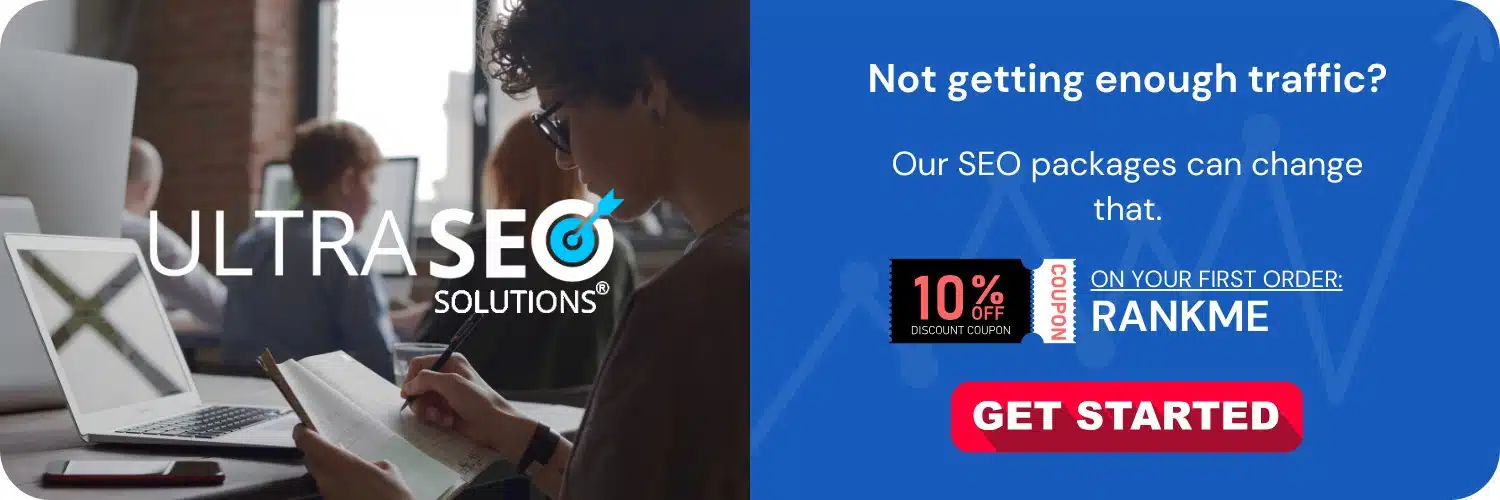
The latest SEO tools for keyword research are critical in identifying the keywords and phrases that your target audience is using to search for products or services like yours. These tools have gone beyond mere keyword identification – they now provide insights into search trends, competitors’ keyword strategies, long-tail keyword opportunities, and much more. Some of the most cutting-edge tools in the market today include SEMrush, Ahrefs, Moz’s Keyword Explorer, Ubersuggest, and Google’s suite of tools like Keywords Planner and Trends. Now, let’s dig a bit deeper into how you can leverage these tools to optimize your content strategy and improve your search engine rankings.
The Evolution and Importance of Keyword Research Tools
Keyword research has always been a foundational element of SEO. It informs content strategy, guides on-page SEO, and helps to understand the language of the search audience. Over time, keyword research tools have evolved, integrating new features to better understand user intent, search context, and competitive landscapes.
The latest keyword research tools don’t just provide lists of keywords; they offer a wealth of data about each keyword, including:
- Search volume over time,
- CPC (cost-per-click) data,
- Competition level,
- Related search queries,
- And predictive measures of the keyword’s potential to drive traffic and conversions.
Breaking Down the Latest SEO Tools for Keyword Research
Each of the tools mentioned has its unique strengths and features that are constantly being updated to match the latest SEO trends and Google algorithms.
SEMrush
SEMrush offers an extensive suite for keyword research called Keyword Magic Tool. It is known for its comprehensive database, allowing users to gather keywords for more than 140 countries and use those insights to build SEO strategies. One of its key features is the Keyword Difficulty score, which helps in determining how hard it would be to rank for a specific keyword.
Ahrefs
Ahrefs is renowned for its backlink analysis capabilities, and its Keywords Explorer is an equally powerful tool for keyword research. It has a massive index of keywords and a straightforward user interface that shows you search volume, keyword difficulty, related keywords, and the top ranking pages for any given query. Ahrefs also offers a “Questions” feature which is great for uncovering long-tail keywords in the form of questions.
Moz’s Keyword Explorer
Moz’s Keyword Explorer brings a unique element with its “Priority” score, a metric that combines all keyword metrics (volume, difficulty, and organic CTR) into one to help prioritize the best opportunities. Furthermore, Moz’s proprietary Keyword Suggestions source provides additional keyword ideas that may not be as obvious.
Ubersuggest
Ubersuggest, owned by Neil Patel, is a freemium tool that presents an easy entry point for beginners to keyword research, offering keyword suggestions, search volume data, and insights into the level of competition. It’s particularly useful for finding long-tail keywords and understanding the rankings of your competitors.
Google’s Tools
Google’s suite of tools, such as Keyword Planner and Google Trends, form the backbone of many SEO keyword strategies. The Keyword Planner is designed for ad campaigns, but it’s also useful for organic keyword research by showing search volumes and predictions. Google Trends gives a visual representation of keyword popularity over time and can be incredibly useful in capitalizing on seasonal trends and hot topics.
Advanced Strategies Using the Latest Keyword Research Tools
Modern keyword research tools are no longer just about finding keywords; they are more about understanding the landscape and creating content that stands out.
- User Intent: One of the key advancements is the understanding of user intent. Today’s tools help you answer whether people are seeking information, looking to purchase, or comparing products.
- SERP Analysis: The best tools come with SERP analysis features that provide a breakdown of what types of content (blog posts, product pages, videos, etc.) are ranking for your target keywords, helping you to fine-tune your content accordingly.
- Competitor Benchmarking: Another potent feature is competitor keyword insights. By understanding which keywords your competitors rank for, you can spot opportunities they might be missing or areas where you can outdo them.
- Keyword Clustering: Some tools also offer keyword clustering, which enables you to group similar keywords together, streamlining your SEO efforts and content creation.
Maximizing the Use of SEO Keyword Tools
To maximize the use of these tools, one must go beyond just listing keywords:
- Integrate keywords naturally into high-quality, valuable content.
- Keep a keen eye on the search intent to craft content that meets the needs of the searcher.
- Stay updated with the tools’ latest features and learn how to use them effectively to build a stronger keyword strategy.
Finishing Thoughts
Using the latest SEO tools for keyword research is indispensable for contemporary digital marketing strategies. These tools not only help you find the right keywords but also provide insights into competitive analysis, search trends, and consumer behavior online. Knowing how to wield these tools to uncover not only high volume but also highly relevant keywords can mean the difference between content that ranks and content that converts. Remember, the key to effective keyword research is not just the tools you use, but the insights you garner from them and how they inform your overall SEO and content strategies. Keep exploring, keep analyzing, and let the data guide you to SEO success.
Frequently Asked Questions
What is keyword research in SEO?
Keyword research in SEO is the process of identifying the words and phrases that people use in search engines like Google, Bing, and others. The goal is to use these keywords strategically in website content to improve its visibility in search engine results pages (SERPs), attract more traffic to the site, and target the audience that is most likely to be interested in the products, services, or information offered.
What are some latest tools for keyword research?
Some of the latest and most popular tools for keyword research include Ahrefs’ Keywords Explorer, SEMrush’s Keyword Magic Tool, Moz Keyword Explorer, Google’s Keyword Planner, and KWFinder. These tools are constantly updated with new features and data to provide more accurate keyword insights.
What are the key features to look for in a keyword research tool?
Key features to look for in a keyword research tool include keyword suggestions, search volume data, keyword difficulty scores, SERP analysis, competitive analysis, and historical search data. These features help users understand keyword potential and competitiveness, as well as to identify content opportunities.
How do these tools help in formulating SEO strategies?
These tools help in formulating SEO strategies by providing insights into what users are searching for and how often. By understanding the demand for certain topics or questions, SEO professionals can tailor their content to meet the needs of their target audience. Additionally, they provide competitive analysis to understand what strategies may be working well for others in the industry.
Are there any free tools available for keyword research?
Yes, there are free tools available for keyword research. Google Keyword Planner is free to use, although it is primarily designed for advertising, it can still provide valuable insights for SEO keyword research. Other free tools include Ubersuggest, and the free versions of tools like Moz Keyword Explorer and SEMrush, which offer limited features compared to their paid versions.
Can keyword research tools help identify long-tail keywords?
Yes, keyword research tools are very adept at helping users identify long-tail keywords. These longer, more specific phrases often have lower search volume but can be less competitive and very targeted towards niche demographics, which can lead to a higher conversion rate.
Is it necessary to use keyword research tools for SEO success?
While it’s not absolutely necessary to use keyword research tools for SEO success, they significantly enhance the efficiency and effectiveness of your SEO strategies. Without them, it can be much more time-consuming and difficult to identify valuable keywords and to understand the competitive landscape.
How often should SEO keyword research be conducted?
SEO keyword research should be an ongoing process. The search landscape is constantly evolving, with new trends and user behaviors emerging regularly. While a solid foundation of core keywords may remain stable, periodic research can uncover new opportunities and new search terms that can be capitalized upon to drive additional traffic and engagement.
Can keyword research tools predict future trends?
While keyword research tools cannot predict future trends with certainty, many offer trend analysis features that can identify rising patterns and seasonal variations in search behavior. This can help SEO professionals to anticipate demand for certain topics and to prepare content and strategies in advance.
Do keyword research tools integrate with other SEO software?
Many keyword research tools offer integration with other SEO software and analytics platforms. For instance, tools like SEMrush and Ahrefs integrate with Google Analytics and other tools for a more comprehensive view of SEO performance. These integrations can help streamline workflows and consolidate data for better decision-making.






